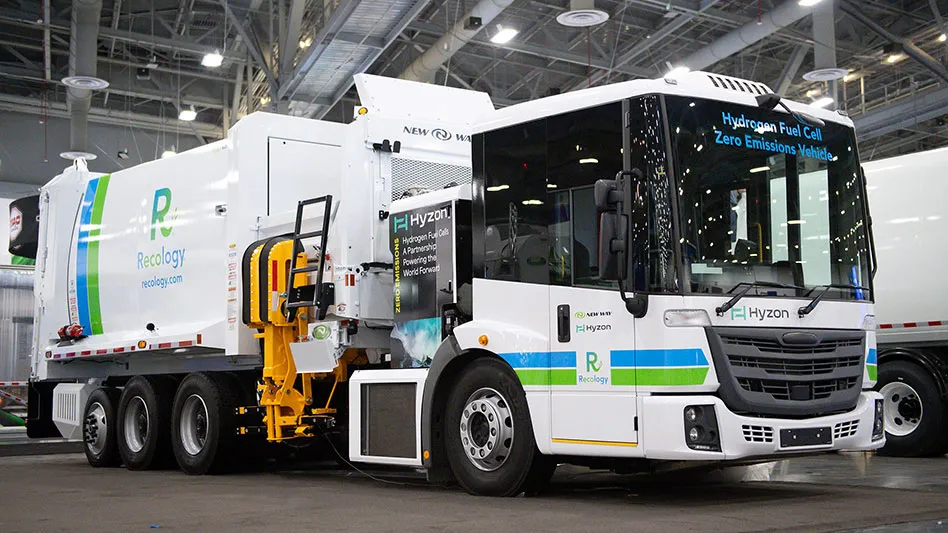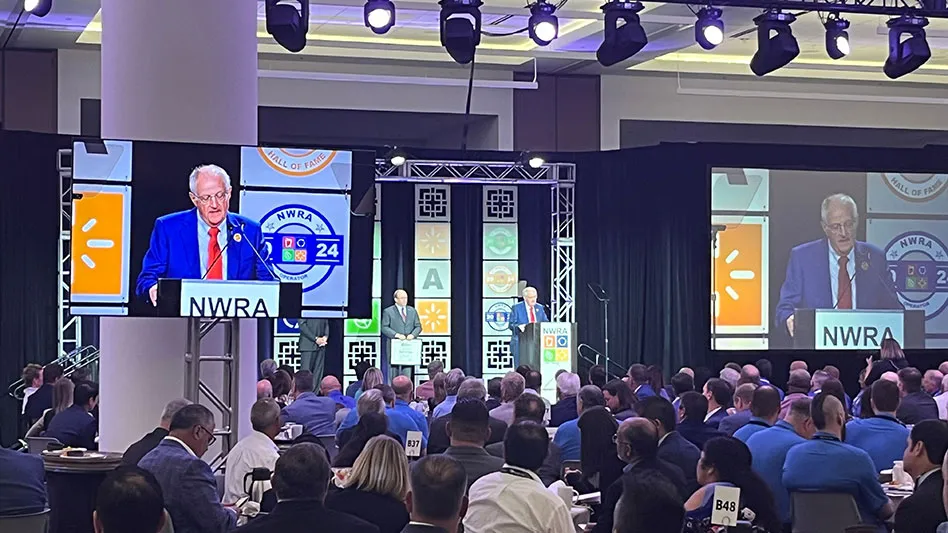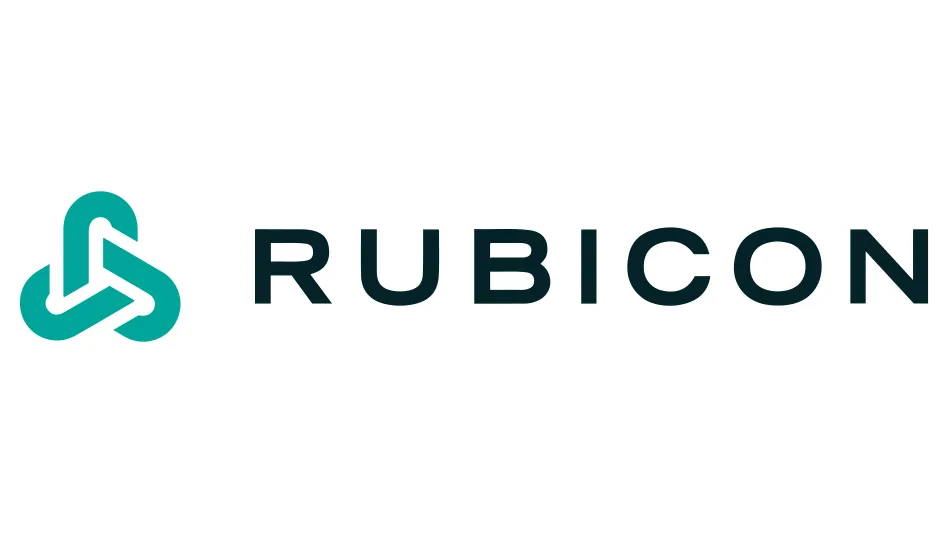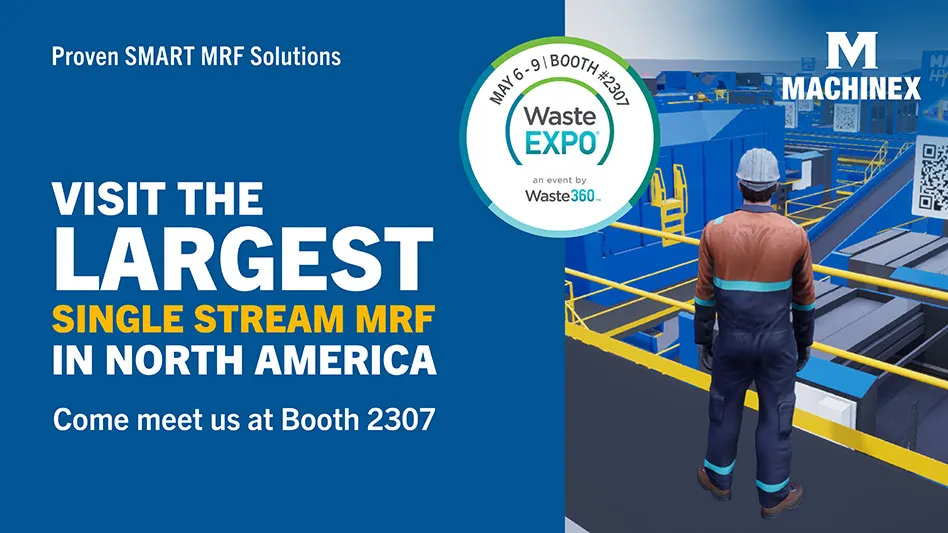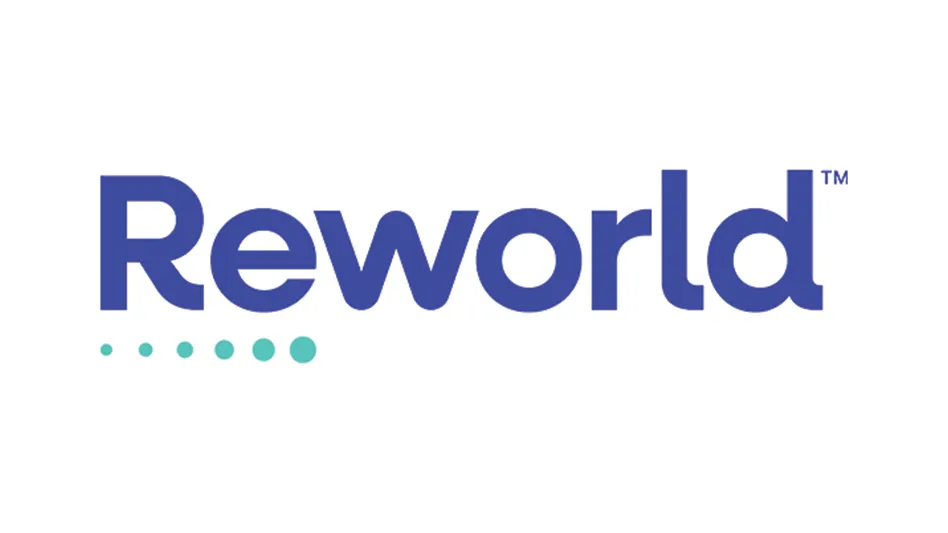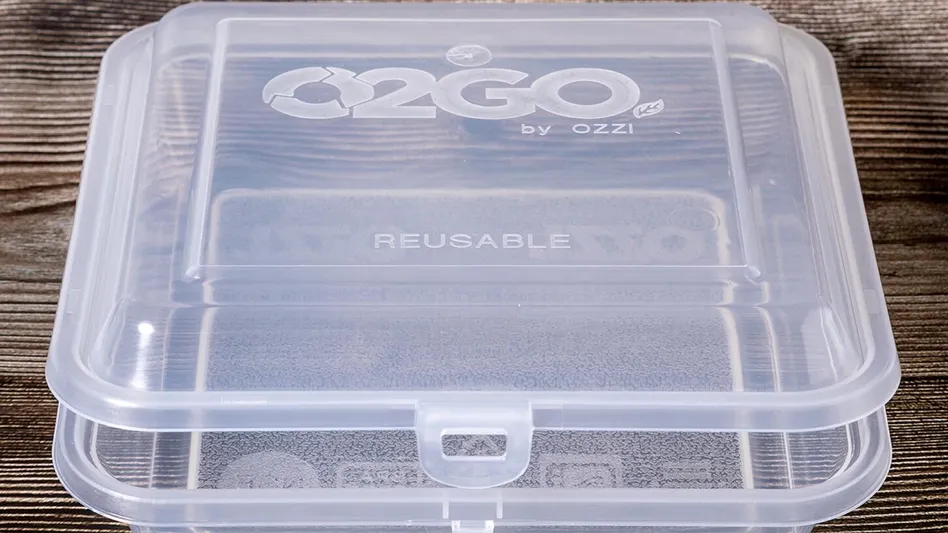On Feb. 22, 2013, U.S. District Judge William Quarles, Jr. sentenced Rodney Hailey, of Perry Hall, Md., to nearly 12 years and six months in prison, followed by three years of supervised release, for selling $9 million in renewable fuel credits (RFC), which he falsely claimed were produced by his company, Clean Green Fuel LLC.
“When invalid renewable fuel credits are ‘produced’ and sold, it undermines the integrity of an important program designed by Congress to reduce the nation’s dependence on foreign oil and to grow the nation’s renewable energy industry,” says Cynthia Giles, assistant administrator for the Environmental Protection Agency's Office of Enforcement and Compliance Assurance. “Today’s sentence shows that there are serious consequences, including jail time, for defrauding the renewable fuels program for personal gain.”
“Any government program that is based on trust is vulnerable to a fraudster like Rodney Hailey,” says U.S. Attorney Rod Rosenstein. “The only thing Rodney Hailey’s ‘Clean Green Fuel’ business produced was the dirty money he used to fund his lavish lifestyle.”
Judge Quarles enhanced Hailey’s sentence upon finding that he obstructed justice by concealing, selling and spending assets that were protected by court order. Judge Quarles also ordered Hailey to pay restitution of about $ 42.2 million to more than 20 companies and forfeit $9.1 million in proceeds from the fraud, including cars, jewelry, his home and bank accounts, already seized by the government.
Hailey was convicted on June 25, 2012, of eight counts of wire fraud, 32 counts of money laundering and two counts of violating the Clean Air Act. He has been detained since the guilty verdict.
According to evidence presented at the trial, Hailey owned Clean Green Fuel, located in the Baltimore area. Hailey registered the company with the EPA under the Renewable Fuel Standard (RFS) program as a producer of bio-diesel fuel, a motor vehicle fuel derived from renewable resources.
To encourage the production of renewable fuel, all oil companies marketing petroleum in the United States are required to produce a given quantity of renewable fuel or to purchase credits, called renewable identification numbers (RINs), from producers of renewable fuels to satisfy their renewable fuel requirements.
Between March 2009 and December 2010, Hailey engaged in a scheme to sell more than 35 million RINs (representing 23 million gallons of biodiesel fuel) to brokers and oil companies, when in fact Clean Green Fuel had produced no fuel at all and Hailey did not have a facility capable of producing bio-diesel fuel.
Federal law enforcement agents investigated the scheme after a Baltimore County police detective, working with Maryland’s federal financial crimes task force, received a report about the large number of luxury cars parked in front of Hailey’s house. The financial crimes task force contacted EPA’s Criminal Investigation Division and initiated a criminal investigation.
Two civil inspectors from EPA’s Air Enforcement Division visited Clean Green’s headquarters to inspect Hailey’s bio-diesel production facility. Hailey was not able to provide an exact location for the bio-diesel fuel production facility or provide any records to support claims that Clean Green Fuel had produced bio-diesel fuel.
Hailey falsely stated that he paid employees and contractors to recover waste vegetable oil from 2,700 restaurants in the “Delmarva” area region, which includes parts of Delaware, Virginia and Maryland, and bring it to his production facility where he converted it to biodiesel fuel. Hailey claimed that only the drivers who picked up the oil knew the names of the restaurants, and Hailey could not provide the names of the drivers.
Hailey made more than $9.1 million from selling false RINs.
The loss to the traders and major energy companies who purchased the RINs is more than $40 million. Additionally, a number of small bio-diesel companies were unable to sell their RINs because of Clean Green and were forced out of business.
EPA recently proposed a voluntary quality assurance program to verify that RINs generated under the RFS program have been validly generated. EPA expects that this will promote greater liquidity in the transfer and use of RINs, helping to make the RFS program more efficient and effective.
Latest from Waste Today
- Waste Robotics and Greyparrot form partnership
- Delos and Silverfern Group complete sale of Pioneer Recycling Services
- Simplified Environmental Solutions adds 2 locations
- Glass Recycling Foundation awards $150K in grants
- Kent County, Michigan, opens new transfer station
- GFL reports revenue increase in first quarter
- Bioenergy Devco honored at SEAL Awards
- AMCS showcasing Performance Sustainability Suite at WasteExpo
